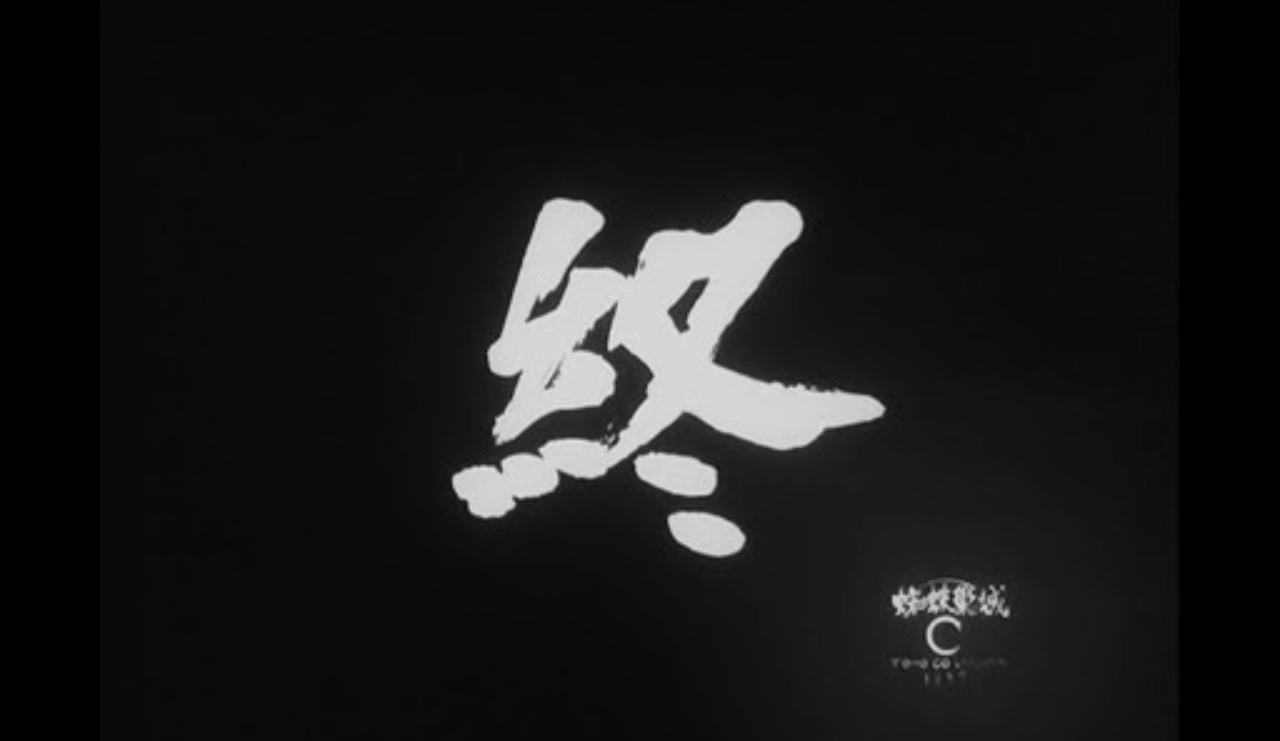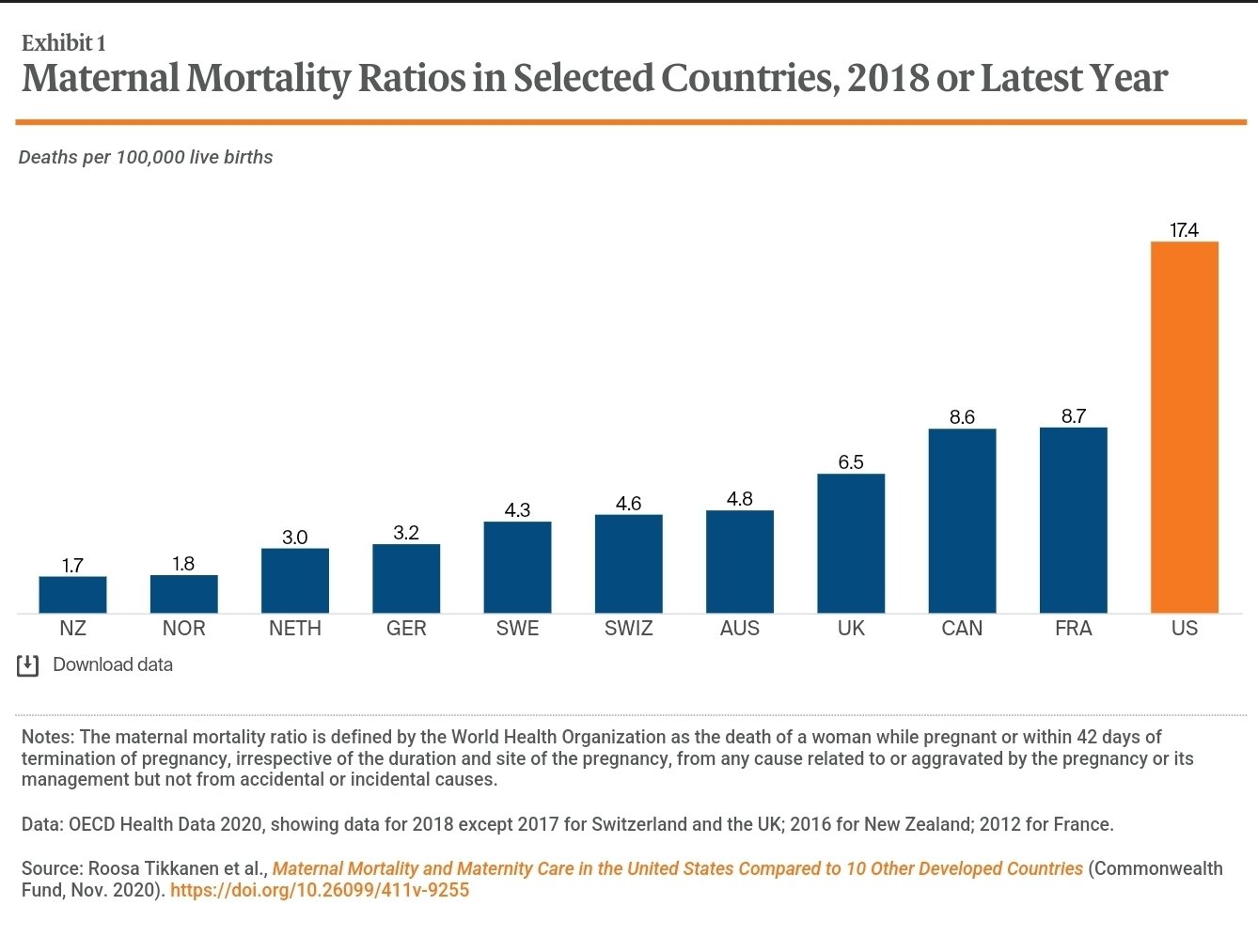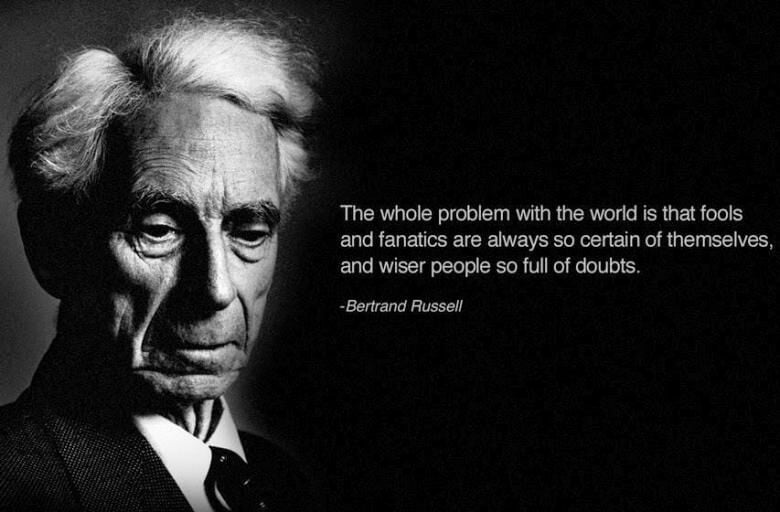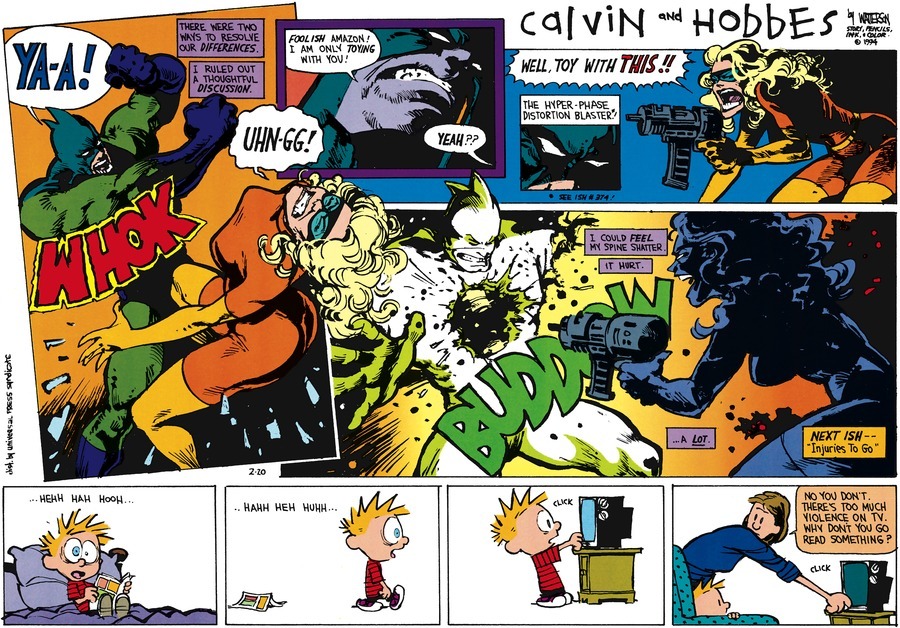I’ll print more legibly in the future.
eightpix
Been a student. Been a clerk. Been a salesperson. Been a manager. Been a teacher. Been an expatriate. Am a husband, father, and chronicle.
- 4 Posts
- 85 Comments
That’s just how I process information. Pencil in hand and post-its are easy to find in my house. They end up in notebooks with more writing. Better, by far, than on back of some envelope or on my kids’ school work like my parents used to do.
Also, made you look.
Ding ding. Correct.

 2·2 days ago
2·2 days agoHad a couch surfer stay with us a while in Kuwait. He’d been everywhere. He said that, of all places, Moldova had no redeeming qualities. Granted, things might have changed in 10 years. Does anyone care to weigh in?

 1·4 days ago
1·4 days ago2001: A Space Odyssey
The Qatsi films
Solaris (2002)

 1·5 days ago
1·5 days agoViewed. Thought it’d be even more catastrophic.

 9·7 days ago
9·7 days agoThat’s the one. I’m holding off on watching the ending. After I see it, this meme will be broken for me.
I’ll finish watching the dishes, and then I’ll view the ending.
It seems like I’ve been obsessed over death and dying for decades.
When I was thirteen, as a form of dealing with the concept of death, I imagined hearing the news of the deaths of each of my family members and a couple of the girls I liked from school. Finding out that a person is dead is a singular experience. A few years later, I viscerally understood what was said in Unforgiven, “[death] take[s] away all he’s got, all he’s ever gonna have.”
When I was sixteen, I did a cooperative education placement in a hospital. As fate would have it, I was placed in the histopathology department. I was surrounded by tissues removed from the dead, the dying, and those who had gotten a new lease on life. In the morgue, I helped discard any samples that were two or more years old. Removed silicone breast implants were frequent, as were containers labelled “uterine curettings.” In that same morgue, I sat in on two autopsies, including one where sections of the brain were needed.
Between 13 and 18, I began to be much more aware of conflict zones; injustice, and miscarriages of justice involving death; of the legacies left behind in their wake. I became aware of South African apartheid, war — later, genocide — in a disintegrating Yugoslavia, genocide in Rwanda. The collapse of social order in L.A. in '92. Hurricanes in the Caribbean, especially Andrew, which battered Jamaica. The Bay Area earthquake. The Branch Davidian compound in Waco, Texas. The bombing of the Federal Building in Oklahoma City and the bombing at the Atlanta Olympics. This period also saw the formation of my opposition to capital punishment.
It wasn’t until 9/11 that I saw people die live on TV. I didn’t wake until 10 am that day, but by 1030, I saw both towers fall. By the end of that day, it was a buddy of mine who said, “Why don’t they stop showing this??” It hadn’t occurred to me that we were watching snuff film until then.
Then there was 17-18 March 2003. I sat and watched as Shock and Awe were released on Baghdad. One of the oldest cities in the world bombed for political expediency. More snuff film.
____ and ____ would later start to collect and disseminate the deadliest and the most violate material. I wouldn’t go looking for it, but it would find me. Cartel violence, industrial accidents, gun camera footage, people filming police shootings… there was so much death. Busta Rhymes said it best, “numerals of funerals every day.” Another thought that has not left me.
I didn’t know why I needed to know. Then, in time, I came to understand that I was bearing witness.
It was about 2004 when I started to develop an appreciation for the special violence of the Israeli‐Palestinian conflict and the sheer destruction it inflicts. I read a lot about the Holocaust, Jewish diaspora, anti-Semitism, and the campaign to make genocide punishable. Then, I read about the roots of the Israeli state, its funding, protections, and the special relationship it enjoys with the warlike American state and its allies. Then, I read into America and how that state has secured its place in world history. I moved to South Korea and started to understand Korea, Japan, China, and the other nations of Southeast Asia, South Asia, and Oceania, much more clearly.
What I found out is that, to some, achievable ends are sought by bloody means. This is a pattern across most of the world. In general, average everyday people are just trying to get by and do right by their families. In the places that we can not peacefully coexist, where expropriation and indignity are inflicted by those who wield the power they seek and are corrupted by it. Frank Herbert said, “Power is magnetic to the corruptible.”
Journalists, in my opinion, are those who pursue power in the practice of relinquishing it to the public. With this in mind, I understand the threat that Julian Assange was to the power establishment in the US. I saw the “Collateral Murder” release that landed him in the Ecuadorian embassy for the better part of a decade. The truly destructive part of this episode is the proliferation of instances in which military outfits across the world are engaged in similar activities. The Dutch Safety Board investigation and publications regarding the shooting down of flight MH17 are exceptional examples.
All of this is to say that we need to spend more time coming to terms with death and dying. We need to be more aware, not less, of the living conditions that cause people to die. War, famine, pestilence, climate upheaval, conflict zones, refugees from conflict and climate and corruption, drought, flooding, colonialism, austerity, and protectionism threaten almost all of the world’s population.
The few who are not threatened take refuge in their comfort and contrive to maintain the status quo. They change laws, lobby, employ, and help to elect and appoint those that serve the entreched interests. A future that looks like the present is a dead future, and we are witnessing the spread of atrophy and rigor mortis each day. That’s about as real as it gets.
I like watching well-done cinematic synopses of characters or storylines. Watched only AFTER having seen the series.
Here’s one for Altered Carbon S01. Very BladeRunner, very neo-noir, 80s meets 20s. Here’s one for the Expanse, story focused, 2 movements, so compassion-inducing
Both are by this creator.
Two of my top ten shows right now. I think I’m going to go finish DEVS right now.

USA, 55th in the world overall, for maternal mortality in a 2018 study.
A fast look at the UNICEF data for 2020 shows 66th.
That’s behind the State of Palestine (61st), Moldova (46th), Albania (34th), Poland (3rd) and Belarus (1st).
https://data.unicef.org/topic/maternal-health/maternal-mortality/#data
This is enlightening. US maternal death rates compared to other industrialized nations.

Think that the calculus is to stem the tide and activate the electorate in recognition that the EU Parliament outcomes were a surprise?

 2·16 days ago
2·16 days agoIf it’s alive and not a plant, not a fungus, and not a single-celled organism, it is probably an animal.

 3·18 days ago
3·18 days ago"… Two boats were launched from eastern Colombia toward the Caribbean coast of Venezuela north of Caracas, carrying approximately 60 Venezuelan dissidents and two American former Green Berets employed as mercenaries by Silvercorp. Both boats were intercepted before they reached land. At least six Venezuelan dissidents in the first boat were killed, and all but four of the invaders were captured during the attempted landing or subsequent search operations, including the two Americans from the second boat, whose interrogations were broadcast on state television.
Venezuelan intelligence agencies and the Associated Press (AP) had prior knowledge of the operation. Commentators and observers described the operation as amateurish, underfunded, poorly organized, impossible, and a suicide mission, and divergent narratives led to questions about how the plot unfolded. Sources criticized the poor planning and execution, alternating between characterizing Operation Gideon as an attempted invasion, infiltration, raid, ambush, assassination or coup.
Alcohol is a poison.

 4·19 days ago
4·19 days agoThanks for bringing Wiley Miller back into my life today. It’s been too long.

 3·20 days ago
3·20 days agoTake it from one who quit piano at 16 after having started as a 4-year-old… the regret runs deep.
Take the stupid lessons, buy a $100 keyboard and a pair of headphones, and PLAY. Its hard and you’ll suck for a time, but treat it as play. Laugh at your mistakes and revel in your success.
2 bars at a time. That’s how you build.

 2·22 days ago
2·22 days agoMy preferred quote on this line:
“Power attracts pathological personalities. It is not that power corrupts but that it is magnetic to the corruptible. Such people have a tendency to become drunk on violence, a condition to which they are quickly addicted.” ~ Frank Herbert, Chapterhouse: Dune
It takes the will of a saint to be incorruptible — to not become addicted to the exercise of power. Those who do not desire power, like saints, may have it thrust upon them.
Even when left to own devices, a person can only exercise power within a society that has desires, wants, and fears. The whole society would need to be incorruptible. This is improbable. In the unlikely case of such a pure society, it would also need to be incorruptible when in contact with “the other” — peoples, species, events, and ideas. This is exceedingly improbable. So, the whole of existence would need to be incorruptible.
Power corrupts.
QED (using the slippery slope, I know)




Should the UNSG also have said nothing?